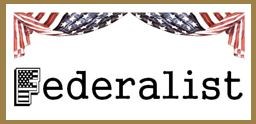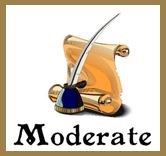Last updated: September 21, 2020
Article
Whiskey Rebellion: Answers to Question 4.

If you answered:
A). Cheer. The farmers should go to court for breaking the law. That was the Federalist opinion.
B). Capture the marshal. He should be stopped. That was the Rebel opinion.
C). Oh no, that’s not good. Let’s figure it out. That was the Moderate opinion.

On July 15, 1794 Neville decided to go with Marshal Lenox as he served papers to accused farmers. Together they rode to the home of William Miller. Miller was furious and believed the fine and trip to Philadelphia would ruin him. The news spread.
The next day a group of about 40 armed farmers went to Neville’s farm, Bower Hill. They planned to capture the marshal. Neville realized his house was surrounded. He told the rebels to stand back, then shot and killed a farmer. Both sides fired more shots before the rebels retreated. The rebels believed Neville had “murdered” a civilian.

Eleven soldiers from Pittsburgh came to reinforce Neville’s farm, and smuggle Neville and his family off the property.
On July 17 between 500-700 rebels surrounded Neville’s Bower Hill estate. They requested that Neville surrender his position as tax collector. The commanding soldier said he was not home. Soon the fighting began. At one point the rebel leader, James McFarland, thinking there was a truce, came into the open and was promptly killed. The rebels became enraged. They began burning the barns and other buildings. As the fire came closer the soldiers surrendered. Then, Neville’s house was pillaged and burned.

Hundreds of men, including some moderates, attended a meeting on July 23 to discuss what had been done and how to proceed forward after the attack on Bower Hill. Espousing the moderate point of view lawyer Hugh Henry Brackenridge told the crowd that what they had done might have been “morally right but it was legally wrong.” Under the law their activities were high treason and the President could call out the militia. Brackenridge suggested they should ask the federal government for amnesty.
